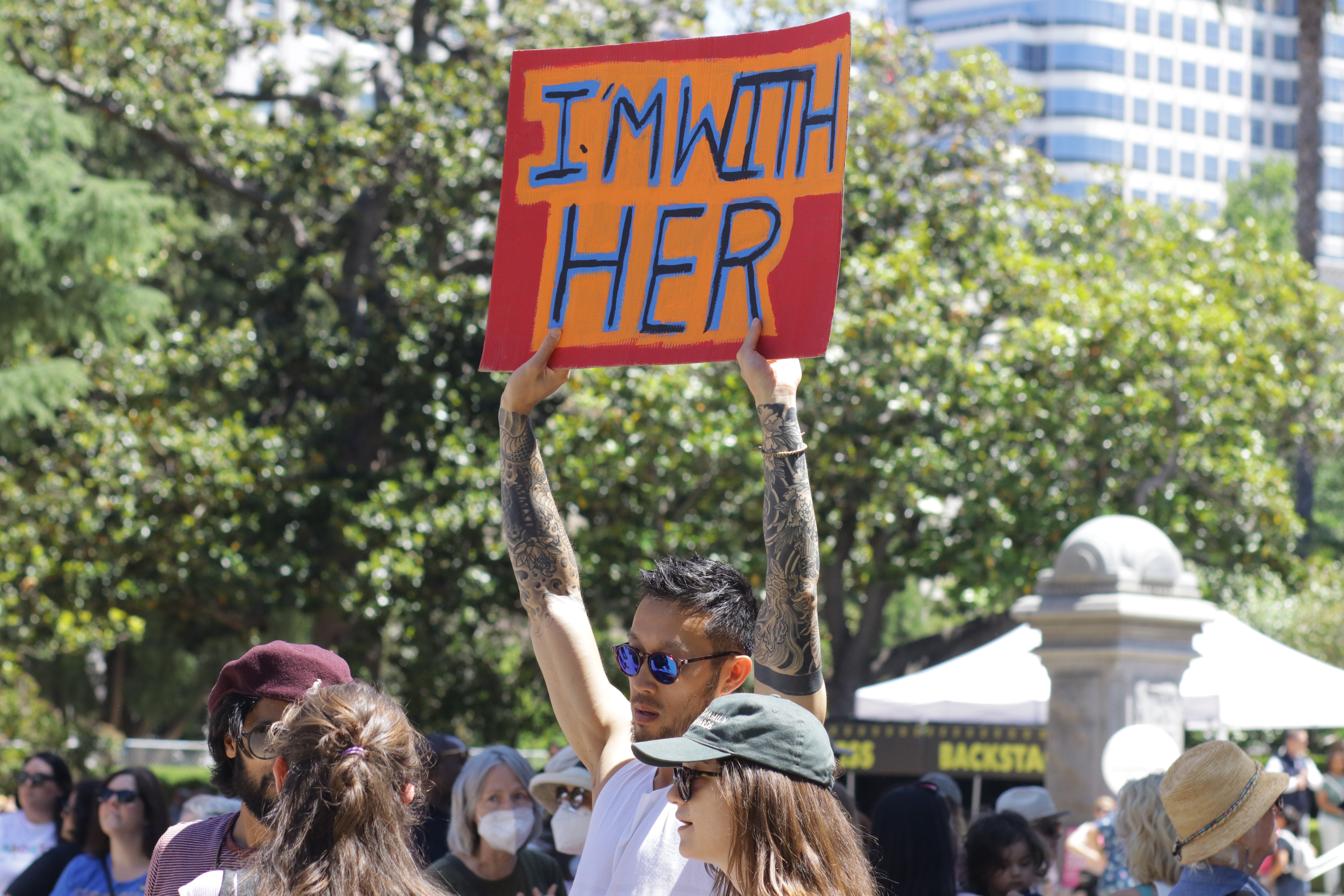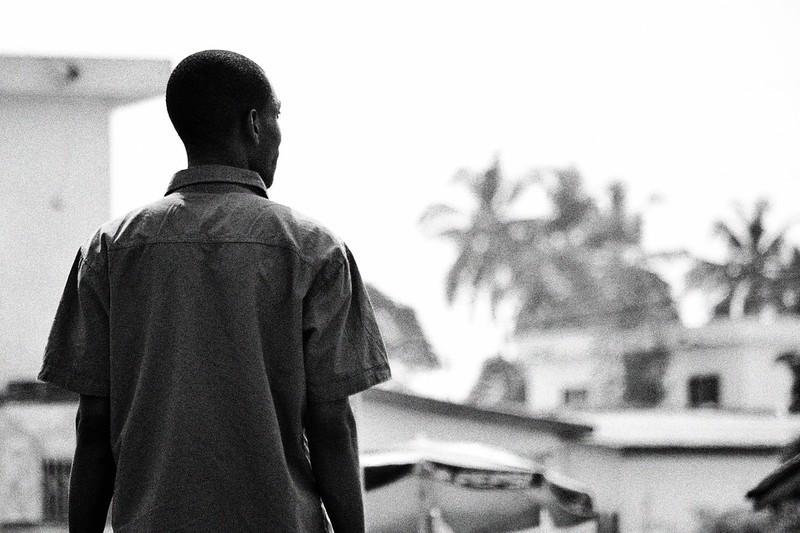Professor Ernestina Coast and Dr Joe Strong reflect on the 9th African Population Conference which highlighted the need for comprehensive research and nuanced engagement with men in health and development. This blog was originally published on the LSE International Development blog.
International development and global health have often struggled to know what to do with men. Men are often framed for their role as obstacles to the rights of others, particularly women. Much less work has considered how men’s lives are constrained by the same gendered systems in ways that curtail their ability to exercise their rights and live their lives freely. How does the field of health and development meaningfully engage men as both victims of a gendered world and often the perpetrators of gender-based violence and obstacles to equality?
At this year’s 9th African Population Conference we convened a meeting of experts working on masculinities across health and development. Experts came from a range of disciplines: economics, public health, demography, anthropology, and more and worked across countries and regions. Coming together was a unique opportunity to share work on masculinities and think about how health and development might more meaningfully engage with men in the future.
What’s the deal with men?
Global development goals – from the 1994 International Conference on Population and Development Programme of Action to the 2015 Sustainable Development Goals – have reiterated the importance of universal rights. Women and young people are central to programmes and policies aimed at meeting these goals given the continued discrimination, inequality, and injustices they experience.
Men, when they do appear in global development goals, are framed as obstacles that undermine the rights of others. Cisgender men are the main perpetrators of gender and sexual violence; they benefit most from political and economic systems that marginalise women, trans, and non-binary people. They do not face the significant pregnancy morbidity and mortality risks faced by people who gestate and often leave the care of others – such as children and older relatives – to women.
Taking sexual and reproductive health as an example, men have been brought into programmes as ‘partners’. The ‘men as partners’ lexicon has been used in interventions that seek to reduce maternal morbidity and mortality by engaging a pregnant woman’s partner in healthcare information dissemination and promotion of the use of skilled maternity care. Putting men into either (or both) of these boxes means that they remain framed as either perpetrators or partners, but never as complex, nuanced, gendered people navigating complex economic, social, and political systems of inequalities and injustices.
Bringing together masculinities experts
Twenty-two experts attended our masculinities workshop. Mapping the current ‘missingness’ of men, we discussed how policies and programmes continue to sideline or marginalised men, or otherwise present them singularly as perpetrators.
A key theme of our discussions was how few research instruments, policies, or programmes go beyond a male/female, man/woman binary. Many of the policies, programmes, and research use data showing differences between men and women and refer to this as a ‘gender analysis’. While these data are important, they do not provide much information about how gender manifests and the gendered relationships between people and populations. It ignores the significant variations within those groups and populations that don’t belong to either. Scholars at the workshop pointed to work on LGBTQ+ people across Africa as evidencing the significant limits of treating ‘men’ as a homogenous group.
Challenges of funding limit the potential to generate evidence that can better inform policies and programmes. Funding typically reinforces mainstream logics of engaging men either as perpetrators of violence or as partners for better health outcomes, but not as gendered people in themselves. Largescale datasets, such as the Demographic and Health Survey, provide useful population-level information on differences between men and women, but cannot offer insights into men’s gendered lives. Further evidence typically focuses on individuals, without considering how gender is relational and often developed and expressed through interactions with other people.
Where do we go from here?
Collectively, we discussed the need for more research, better research, and different research. Recognising that this is largely what all researchers say about their field, we narrowed to some critical areas:
- More in-depth, qualitative research, including using the epistemological power of storytelling, to enhance our understanding of masculinities and gender relations. This includes more research focused on micro factors, to complement existing macro-level data.
- Research on key issues and with key populations are often made invisible, including (but not limited to) LGBTQ+ lives, mental health, sexual pleasure, and research with young people and people with disabilities.
- Piloting interventions and conducting implementation and intervention-based research to find out what works when it comes to working with men and engaging masculinities in health and development.
- Work that thinks about geographies and contexts that are often overlooked. In particular, work with men who live outside of urban areas or who are lower-income and less resourced.
- Ensuring contextually relevant work on masculinities that incorporates and centres cultural belief systems around gender and power. This includes thinking about how to take the conceptual, academic work on masculinities and make it relevant and communicable to a general audience.
As we develop this workshop into a broader network of masculinities researchers, we plan to develop a portfolio of journal articles and policy briefs that offer a forward-thinking agenda for health and development.
We are extremely grateful to the LSE Research infrastructure and investment funds for funding this workshop and activities.
The views expressed in this post are those of the author and do not reflect those of the LSE Global Health Initiative blog or the London School of Economics and Political Science.




